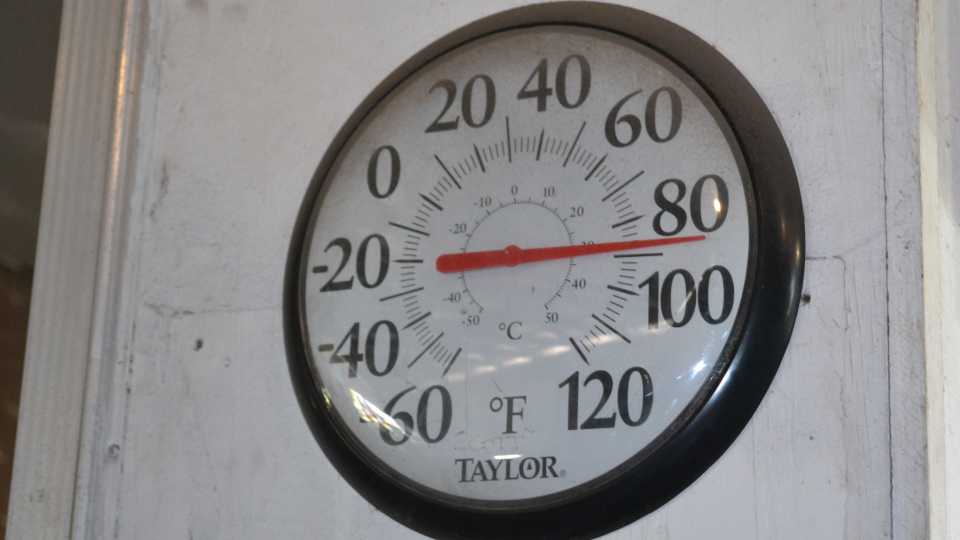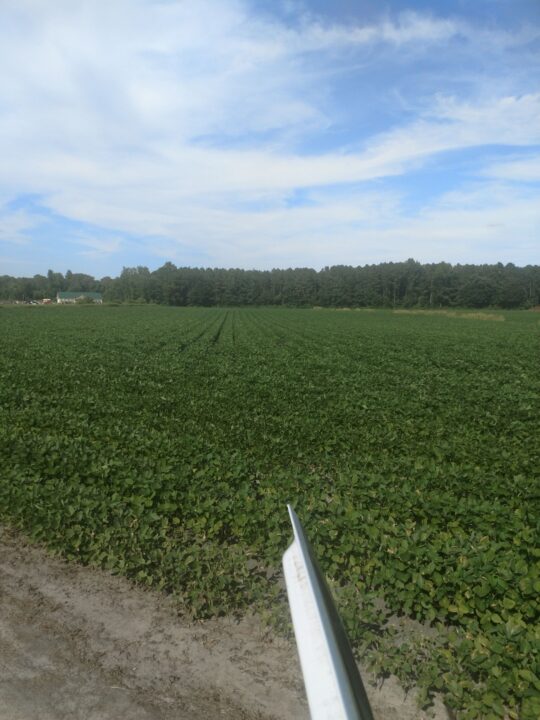Florida Farm Bureau Speaks Out On Proposed Water Rule
New water regulations proposed by the U.S. EPA will levy a de facto water tax on Floridians by increasing water and sewer bills and will impose onerous economic burdens on agricultural producers, according to the Florida Farm Bureau Federation.
“For nearly a decade, Florida’s agricultural community has been proud to cooperate with other businesses and government agencies in the state’s Total Maximum Daily Loads program,” said FFB President John L. Hoblick. “The TMDL program, which established numeric nutrient criteria based on watersheds, has caused Florida to be recognized as a national leader in water quality protection and restoration. This action by EPA abruptly changes that.”
In fact, almost 75% of Florida’s 2.1 million acres of irrigated farm land currently embraces voluntary agricultural Best Management Practices (BMPs). Agricultural BMPs are practical, cost-effective measures that agricultural producers implement to reduce the amount of pesticides, fertilizers, animal waste, and other pollutants entering our water resources. Best Management Practices are designed to benefit water quality while maintaining or even enhancing agricultural production.
“There is no way to calculate the time and expense involved in creating that technology,” Hoblick said. “Agriculture may simply be unable to bear those costs. That should be of great concern to every citizen in Florida because a reduced domestic food supply would ultimately push food costs upward.”
Farm Bureau believes EPA’s overly simplistic approach, which affects only Florida, is generalized and fundamentally flawed because it does not take into account the unique characteristics of each of the state’s rivers, streams and estuaries. Experts say the EPA standards will brand pristine streams and lakes as impaired, requiring the state to spend billions of scarce dollars to meet the standard. In some cases no technology currently exists to meet the proposed federal regulations, as in the case of agricultural wastewater.
Florida Farm Bureau is urging its members to get involved in the issue by contacting their elected representatives in Tallahassee and Washington to let them know this federal action is unacceptable. Citizens should also get their concerns on the record by attending hearings planned for mid-February. The hearings will be held Feb. 16 in Tallahassee, Feb. 17 in Orlando and Feb. 18 in West Palm Beach. Individuals can register to speak by visiting http://www.epa.gov/waterscience/standards/rules/florida
More information on the effort to prevent EPA from jeopardizing Florida’s agriculture and the state’s economic recovery is available at the Don’t Tax Florida Web site at www.DontTaxFlorida.com.
The Florida Farm Bureau Federation is the state’s largest general-interest agricultural association with about 140,000 member-families statewide. Headquartered in Gainesville, the Federation is an independent, nonprofit agricultural organization. More information about Florida Farm Bureau is available at http://FloridaFarmBureau.org.









